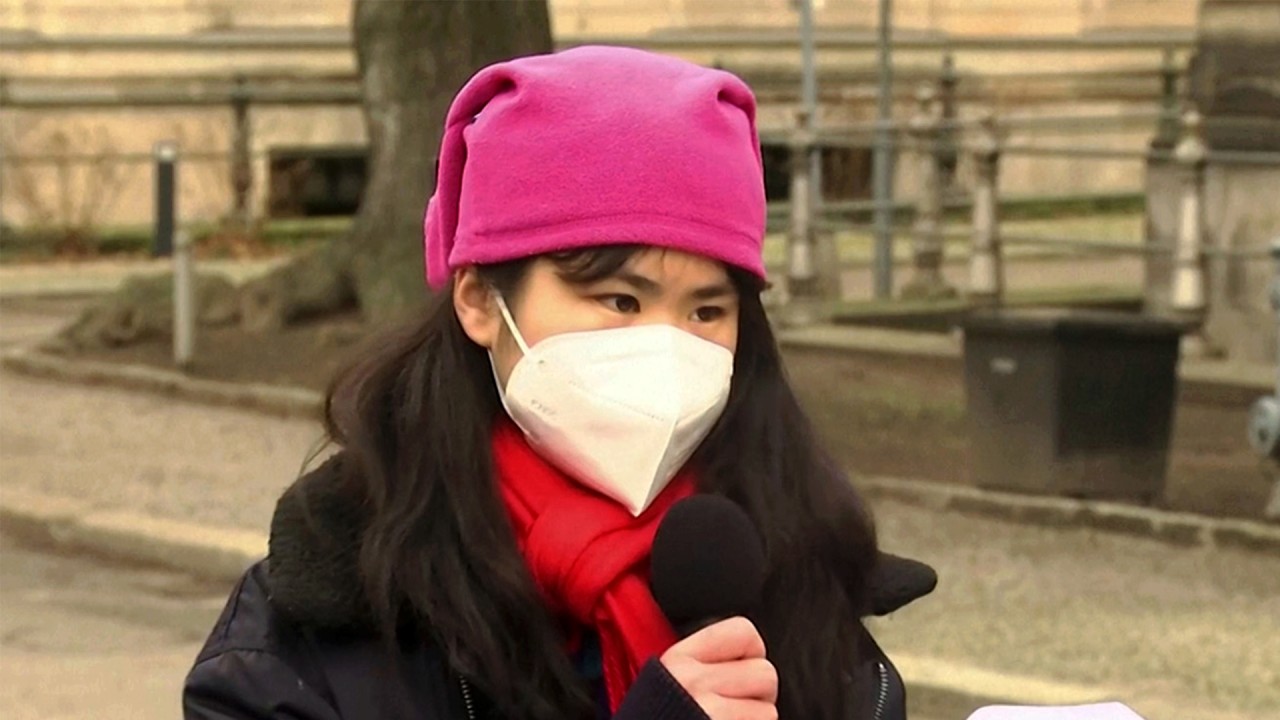
Letters | Launch direct action in Hong Kong schools for faster route to zero-carbon future
On the front lines, we need to see more schools become directly engaged in carbon reduction efforts themselves, with students sitting on committees steering these changes. Perhaps this could be done through a reward and punishment scheme.
In addition, because of the flow of information today, young people are aware of direct action and entrepreneurialism in other societies. Not all of this youth agency requires money, but funding would be critical in bringing more young people into the fold at the scale and speed required.

02:31
'The Greta Thunberg of China', Howey Ou, joins protest in Berlin
The government and philanthropists would be wise to invest heavily in student environmental groups and start-ups. Combined with revised curriculums and formal dialogue channels, this could make Hong Kong’s hopes for sustainable future look a lot brighter.
Camen Ho, undergraduate student, Department of Asian and International Studies, City University of Hong Kong

